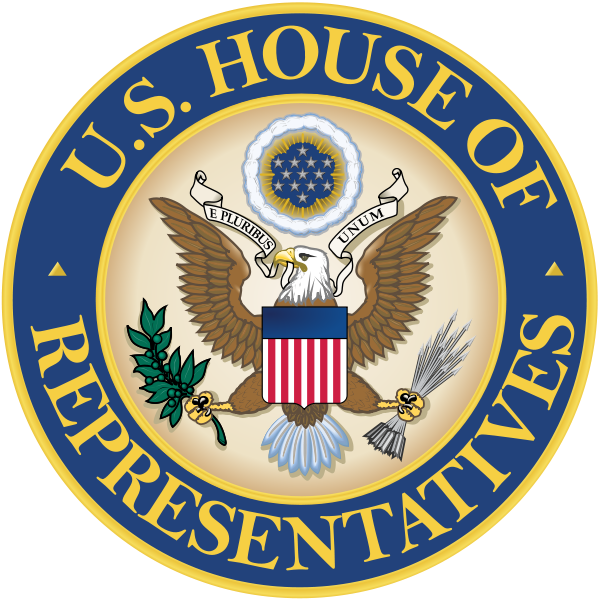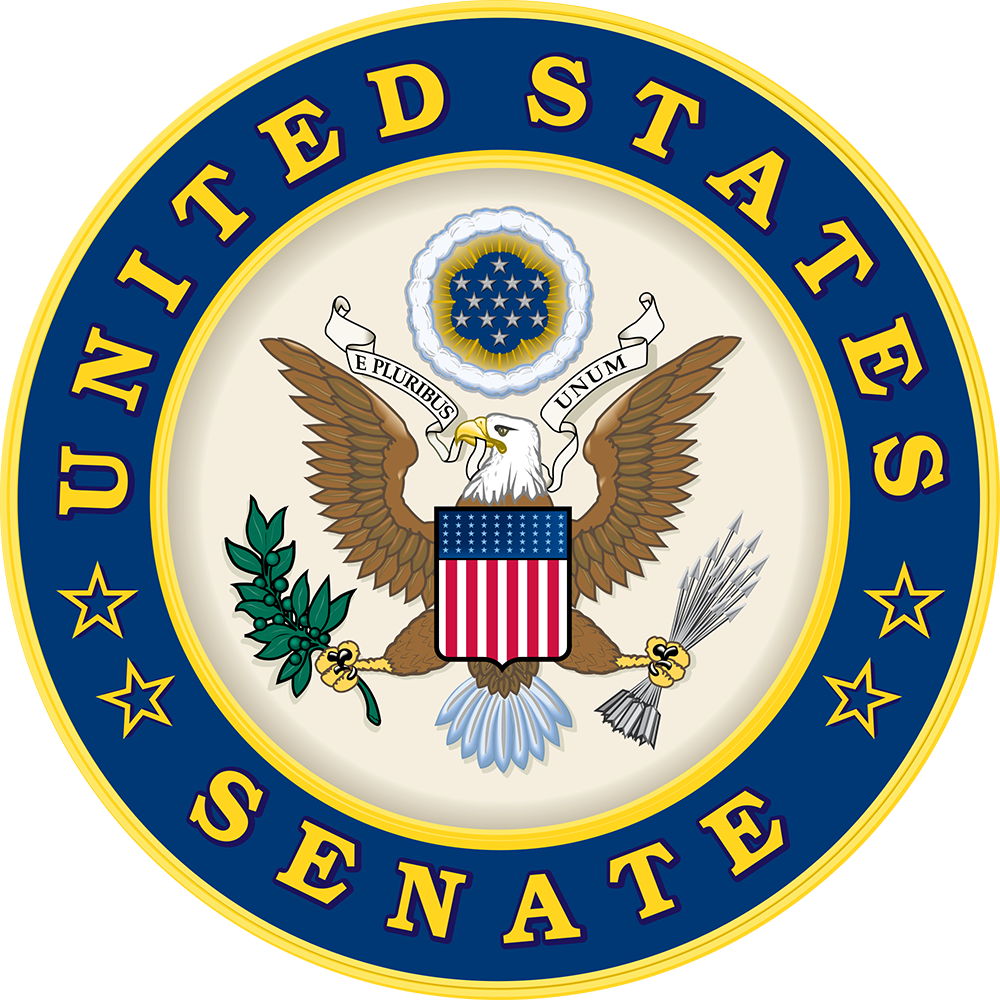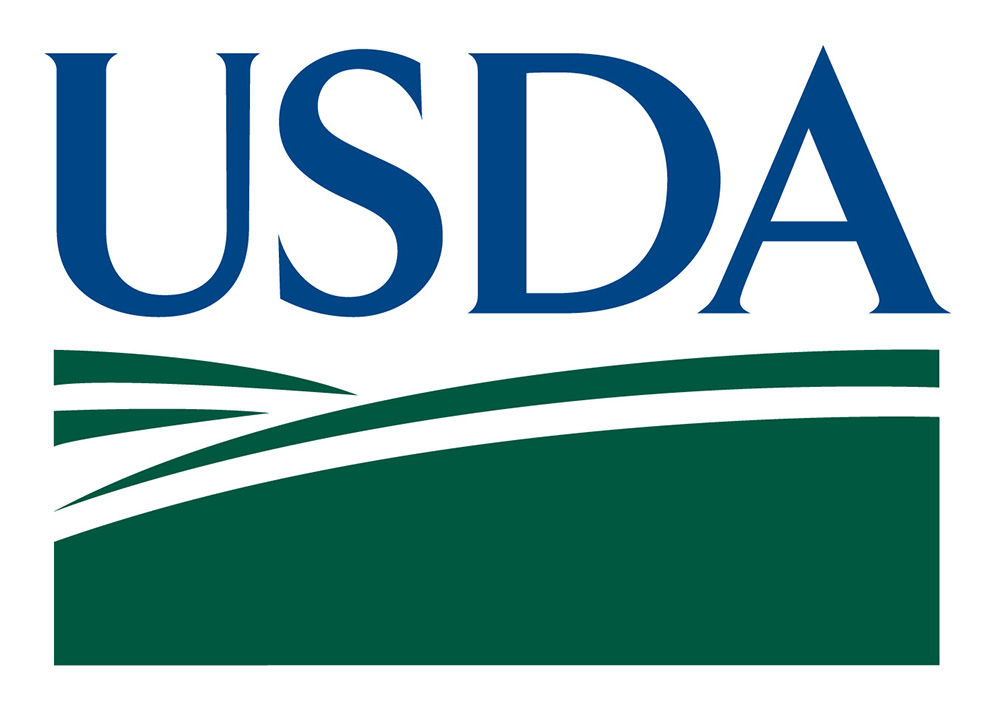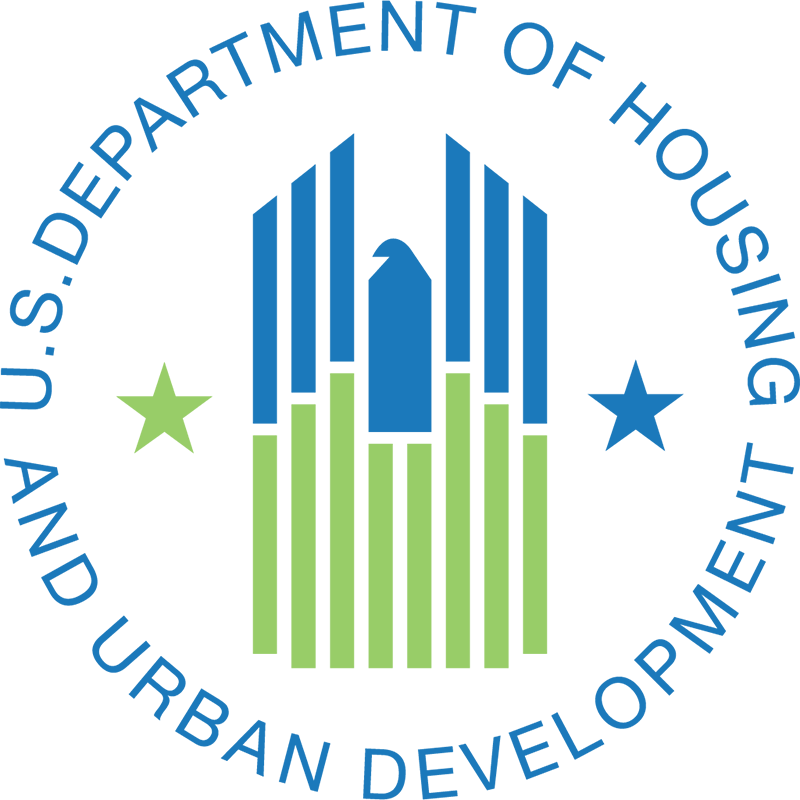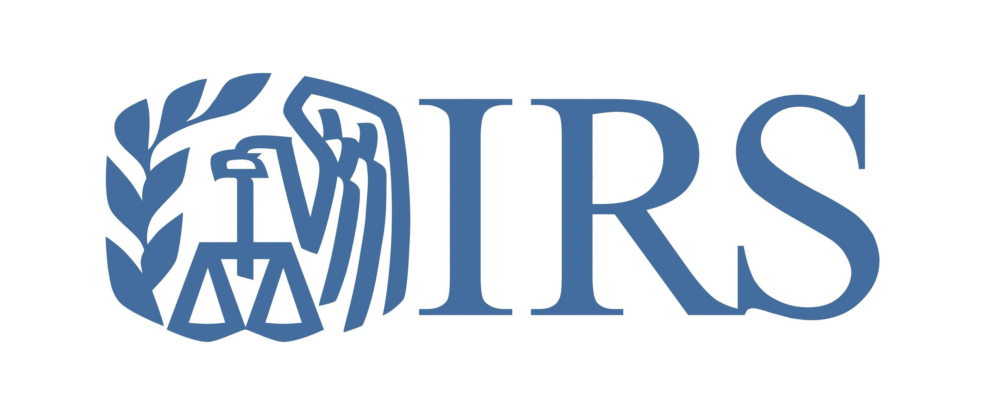NCSHA Blogs
House Appropriations Committee Passes FY 2016 THUD Bill
The House Appropriations Committee yesterday voted along party lines to pass the Fiscal Year (FY) 2016 Transportation, Housing and Urban Development (THUD) funding bill. With the exception of a handful of successful amendments unrelated to housing programs, the bill is unchanged from the version the THUD Subcommittee reported April 29. Despite the small number of changes to the bill, several Committee members expressed frustration during the markup about the difficulty of providing adequate funding for programs in the Subcommittee’s jurisdiction because of the constraints of spending limitations imposed by the Budget Control Act of 2011 (BCA).
Senator Shelby Introduces Comprehensive Financial Regulatory Reform Bill
Earlier this week, Senate Banking Committee Chairman Richard Shelby (R-AL) released a discussion draft of legislation that would amend a number of federal financial services standards. The legislation, entitled The Financial Regulatory Improvement Act of 2015, includes changes to federal mortgage rules and also places new restrictions on the Government-Sponsored Enterprises (GSEs), Fannie Mae and Freddie Mac.
HUD and USDA Adopt Minimum Energy Standards for Housing Programs
Last week, the U.S. Department of Housing and Urban Development (HUD) and the U.S. Department of Agriculture (USDA) issued a Notice of Final Determination that establishes minimum energy standards that newly-constructed housing units must meet to be eligible for insurance through various HUD and USDA programs.
Worst-Case Housing Needs High Despite Short-Term Improvement
HUD recently released the full version of its Worst Case Housing Needs: 2015 Report to Congress following the release of its summary findings in early February. This is the 15th report in a biannual series that HUD prepares for Congress to discuss trends in and causes of worst case housing needs.
FHFA Excludes Additional Affordable Housing Lending Categories from GSEs Multifamily Caps
Earlier today, the Federal Housing Finance Agency (FHFA) announced that it is expanding the categories of affordable multifamily loans that Fannie Mae and Freddie Mac may purchase without having to count such activities against their annual caps on multifamily lending.
Congress Adopts Concurrent Resolution on FY 2016 Budget
For the first time in six years, both houses of Congress have adopted a concurrent budget resolution—the final product of negotiations between the Senate and House on their respective budget resolutions released earlier this spring. The Concurrent Resolution on the Fiscal Year (FY) 2016 Budget (S.Con.Res.11) outlines the chambers’ Republican policy priorities, aims to eliminate the deficit over the next decade with more than $5 trillion in spending cuts without raising taxes, adheres to the FY 2016 discretionary spending caps imposed by the Budget Control Act of 2011 (BCA), and includes procedural language that could be used to repeal the Affordable Care Act.
Senators Cantwell and Roberts Introduce Housing Credit Minimum Rate Legislation
On May 5, Senators Maria Cantwell (D-WA) and Pat Roberts (R-KS) introduced S. 1193, the Improving the Low-Income Housing Tax Credit Rate Act, which would permanently establish a minimum 9 percent Housing Credit rate and a minimum 4 percent Credit rate for acquisition. In addition to Senator Cantwell as lead sponsor, 21 Senators are original cosponsors of the bill.
NCSHA Submits Priority Guidance Plan Comments to IRS
On May 1, NCSHA submitted comments to the Internal Revenue Service (IRS) on its 2015-2016 Priority Guidance Plan. IRS uses the Priority Guidance Plan to identify and prioritize tax issues to be addressed through regulations, revenue rulings, revenue procedures, notices, and other types of administrative guidance during the coming year. NCSHA’s comments focused on several issues of importance to the Housing Credit and Housing Bond programs. Several HFAs and some of their partners submitted suggestions that NCSHA incorporated into its comments.
HUD Modifies Its FHA Distressed Asset Stabilization Program
HUD recently announced that it is making adjustments to its Distressed Asset Stabilization Program (DASP) to help more struggling homeowners avoid foreclosure. Specifically, HUD will impose a 12-month foreclosure moratorium on all loans sold through DASP and create more opportunities for nonprofit organizations to participate in the program.
House FY 2016 THUD Bill Cuts Critical Housing Programs
Earlier today, the House Transportation-Housing and Urban Development (THUD) Appropriations Subcommittee held its mark-up of the Fiscal Year (FY) 2016 THUD funding bill. The bill provides $55.3 billion in discretionary spending for transportation and housing programs, but falls $1.5 billion short of what HUD says it needs just to maintain current programs in FY 2016 and is $9.7 billion less than the Administration's budget request.


